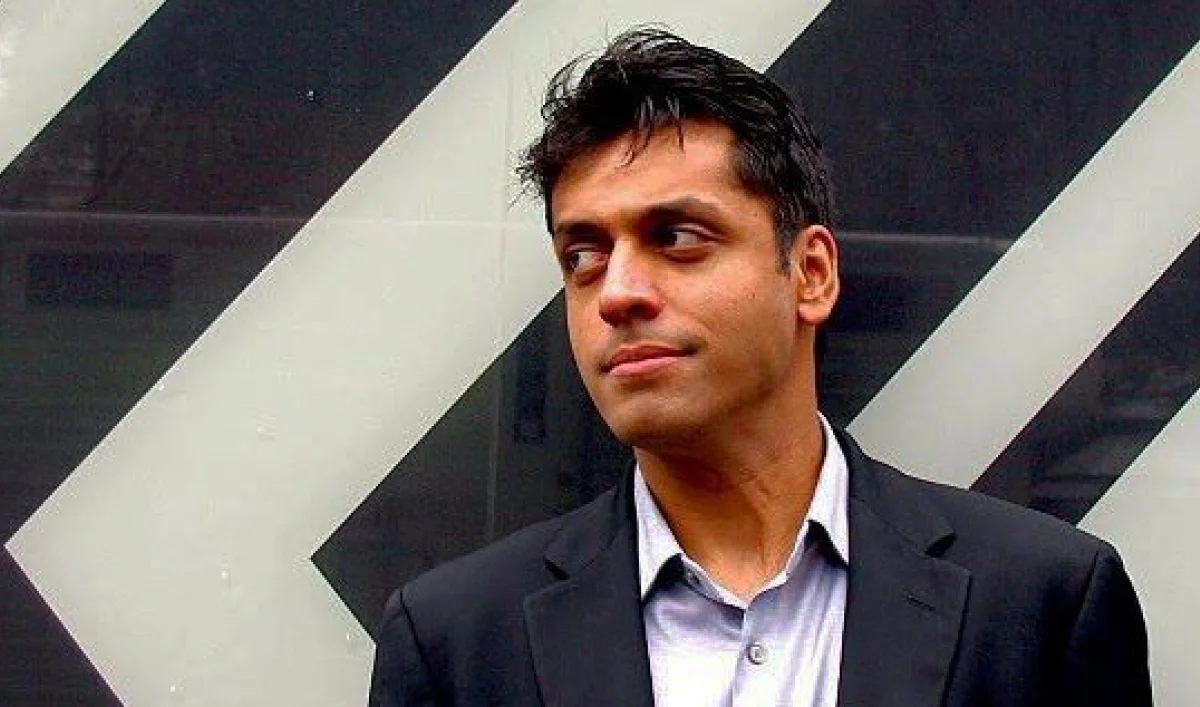One in an occasional series.
Wajahat Ali is a writer and journalist on Muslim-American issues, a commentator, an award-winning playwright, a lawyer, and a partner in Affinis Labs. He has been published in the New York Times, The Washington Post and McSweeney’s, among others. I had the pleasure of working with Wajahat on a recent project. In our down time, we discussed the importance of storytelling.
Q: First off, professional categorization: how do you define yourself? Author? Playwright? Entrepreneur? Journalist?
Add father and husband to that list. How does one identify oneself in this day and age? As a child, I decided I wasn’t going to let my occupation define me. I want to tell stories of fiction and nonfiction to a diverse audience, in order to help bridge the divides. That’s a tall order for the complicated times we live in.
Q: What kind of stories move you? What resonates and why?
(Laughs) I want to absorb and inhale everything. I sometimes forget to chew and swallow, as if I’m taking things in through a fire hose. I’m not precious when it comes to my story consumption. I’m happy to go celestial or go gutter. I’m right there with a timeless, centuries-old novel or a comic book issued yesterday. I search for the extraordinary amid the ordinary. That probably is a reflection of my spiritual outlook and open mind. In non-fiction, I’m a student of history. I ultimately want stories that move me toward a better understanding of the world. With fiction, I look for something that unlocks my imagination and takes me to places I’ve never been; that’s part of the reason I’m a huge comic book fan – I love superheroes.
Q: Is there any particular story that has been kicking around in your mind recently?
The concept of comebacks has been kicking around in my mind. Recently, Dave Chapelle, after a long layoff, hosted SNL. Here’s a guy who, for me, was the crème de la crème. He’s an older, wiser Chapelle and he’s retaking the stage on his own terms. On that same show, the hip-hop group A Tribe Called Quest made an appearance. Like Chapelle, they’re more mature, yet with something fresh to say in their comeback. This has made me think about how storytellers evolve and adapt to their own struggles or dysfunctions.
I recently wrote a post on my birthday that got more than 2,000 likes. I was reflecting on how I was homeless at 30, almost died at 31, and, here I was, five years later, with my kid running into my bedroom to wake me up. My personal story is one that is filled with gratitude and appreciation. The universe can be very kind, and we have to look at those plot twists that we were afraid would kill us but, oftentimes, actually make us stronger. When a hero goes through tremendous challenges, he emerges bruised and battered. I also see that as our story for America. Right now we’re bruised, but we have faith that we will come out of our difficult periods as a more mature and caring nation. It’s a narrative that needs to be promoted because, right now, there’s a lot of cynicism out there. I don’t have time for that – I can’t raise my children in a cynical climate.
Q: From your perspective and experience, why do humans crave stories? Why are they important to us?
Human beings are unique storytelling animals. It’s through stories that we pass down our values, how we teach our children lessons, and how we teach religion and morals. Without the ability to share our individual stories, would we truly exist? One of my favorite quotes is by the poet Muriel Rukeyser – she says that the universe is made of stories, not atoms. That, to me, is very apt.
Having just gone through the American election, storytelling is top of mind with me. No story, no sell, right? Just look at Trump and Obama. The Democrats are, historically, the intellectual wonks, who don’t consistently connect with their base emotionally. The Republicans connect with their base emotionally, but are not wonks. Obama connected on both levels through a message of hope. That’s what got him elected. He was a protagonist of a narrative that gave all Americans hope.
Q: What books are currently on your nightstand?
I’m 150 pages into Lauren Groff’s book, “Fates and Furies.” I just picked up Paul Beatty’s “The Sellout.” Also, of course, a stack of comic books.
You can follow Wajahat Ali on Facebook, Twitter, and LinkedIn.


